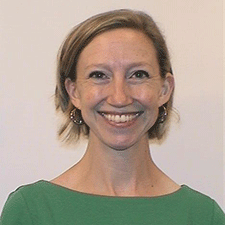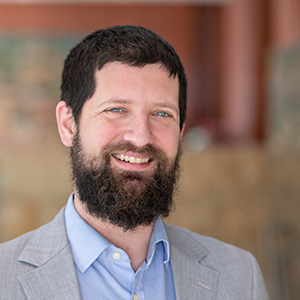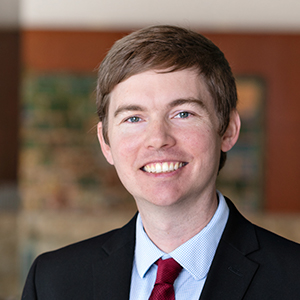Getting a job that’s a good fit for your skills, interests, and bank account is difficult under the best of circumstances. At two recent Federal Reserve events, we asked
- How are employers and government making this tougher than it needs to be?
- How can we change the rules of the labor market in ways that support workers?
Identifying challenges for real people
On September 8, the Federal Reserve Banks of Minneapolis and Philadelphia hosted a virtual discussion among national experts on occupational licensing, non-compete contracts, and independent contracting. An October 3 event at the Minneapolis Fed brought practitioner and policymaker voices into the conversation.
Research identifies challenges for many people.
For example:
- Trained health care professionals with experience working abroad are often required to obtain costly and duplicative training in order to work in the United States.
- Non-compete contracts—often required by employers for low-wage jobs—create a bewildering legal mess when people look for better jobs.
- And independent contractors generally do not have access to key employment protections, like a minimum wage.
How labor market rules and practices hold people back
Worker mobility and opportunity is as relevant as ever in a pandemic-disrupted labor market. For example, demand for health-care workers shifted geographically as COVID-19 hotspots migrated. But licensing rules in different jurisdictions sometimes prevented these—and other—workers from taking jobs where they were needed. Later in the pandemic, as labor markets recovered, workers with non-compete contracts were often stymied when trying to move to better-paying jobs.
During the pandemic, independent contractors were newly included in unemployment insurance. But this benefit was temporary. A pre-pandemic problem reappeared: how can policymakers determine the appropriate suite of employment protections for contractors?
Workplace rules and practices are not set in stone. For instance, a growing number of states are working to limit or forbid the use of non-compete clauses in contracts. That’s likely a good thing for workers, given research showing that non-competes can thwart mobility, wages, and even entrepreneurship.
Reforms could also help level the legal playing field, including making it easier for courts to toss overly broad contractual limitations on worker mobility.
Opening doors to opportunity
Modifying occupational licensing rules, and the structure of the boards that enforce them, can create more opportunities for workers. The idea would be to ensure that barriers to enter a profession are sensible and in the public interest. As panelists at the October 3 Minneapolis Fed event pointed out, the composition and operation of licensing boards often favors interests of already-licensed workers over the interests of potential new licensees and consumers, and may impede innovation.
Presenters reminded us of the human side of these issues. “When [people] come in, they’re scared,” said Chris Penwell, an attorney who represents workers challenging non-competes. “They don’t know what they’ve gotten themselves into.” He described the ways a non-compete clause can put someone’s life on hold for months—or shut the door to new opportunities.
Tamar Frolichstein-Appel coaches immigrants and refugees as they begin working in the United States. She described the frustrations and complications the licensing process can place in front of people ready and willing to work, even in high-demand fields. “I work with amazing folks that didn’t plan to come to the United States,” she says. “For many of them, they are continually stuck in very low-wage positions that don’t utilize their experience and expertise.”
Reforms aimed at improving the rules of the labor market would help people like Penwell and Frolichstein-Appel’s clients. They would also boost the economy as a whole. We all benefit when public policy makes it easier for workers to access economic opportunity.
Watch the events
Toward an Inclusive Recovery How the Rules of the Labor Market Matter for Workers, September 8, 2022 (video, 1:46:08).<
Addressing Labor Market Limitations on Minnesota Workers’ Economic Success Occupational Licensing, October 3, 2022 (video, 1:
Addressing Labor Market Limitations on Minnesota Workers’ Economic Success Restrictive Covenants, October 3, 2022 (video, 54:19).









